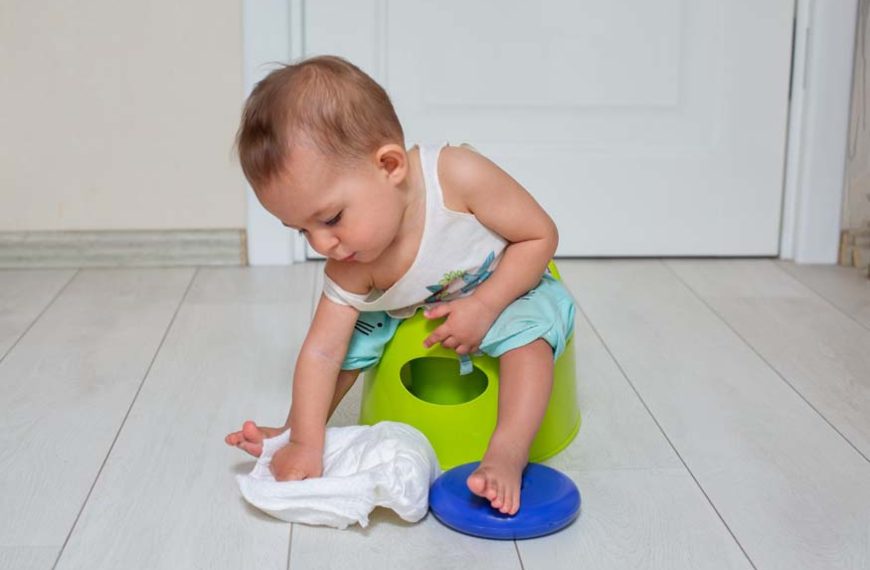Loose motions in babies are a common concern for many parents, often leading to anxiety and a desperate search for safe and effective remedies. Understanding the causes and types of loose motion in babies is crucial for effectively managing this condition. This article aims to provide a comprehensive guide on how to control loose motion in babies, focusing on various approaches, including home remedies, and offering insights into the preventive measures.
Understanding Loose Motions in Babies
Loose motions, commonly referred to as diarrhea, can be alarming for parents. It’s characterized by frequent, watery stools, and can vary in severity and duration. Understanding the causes of loose motion in babies is the first step towards effective management.
Causes of Loose Motion in Babies
The causes of loose motion in babies are diverse, ranging from infections and allergies to dietary changes and medication side effects. Common causes include:
- Viral infections such as rotavirus.
- Bacterial infections like salmonella or E. coli.
- Parasitic infections.
- Lactose intolerance or other food sensitivities.
- Reaction to antibiotics or other medications.
Types of Loose Motion in Babies
Loose motions can manifest in different forms, depending on the underlying cause. Some common types are:
- Acute watery diarrhea: Rapid onset and may include vomiting.
- Persistent diarrhea: Lasting longer than two weeks.
- Dysentery: Presence of blood or mucus in the stool.
Managing Loose Motions in Babies
Effective management of loose motions in babies involves a combination of medical intervention and home care. It’s essential to monitor the baby’s hydration status and overall well-being.
How to Control Loose Motion in Babies
- Hydration:
- Dietary Adjustments:
- Probiotics:
- Medical Consultation:
The foremost step is to prevent dehydration. Oral rehydration solutions (ORS) are recommended to replenish lost fluids and electrolytes.
Breastfeeding should continue. For older babies, a BRAT diet (bananas, rice, applesauce, and toast) can be helpful.
Probiotics like Lactobacillus can restore gut flora balance.
Seek medical advice for appropriate medication if symptoms persist or worsen.
Home Remedies for Loose Motions in Newborn Babies
- ORS Solution:
- Banana:
- Cumin Water:
- Breast Milk:
Homemade ORS can be prepared with boiled water, salt, and sugar.
Bananas can help to firm up stools.
Boiled water with cumin seeds can aid digestion.
Continuation of breastfeeding provides essential nutrients and hydration.
Preventive Measures
Prevention is always better than cure, especially when it comes to health issues in babies. Some preventive measures include:
- Ensuring good hygiene practices.
- Breastfeeding exclusively for the first six months.
- Introducing new foods gradually.
- Vaccination against rotavirus.
Deeper Insights into the Causes of Loose Motion in Babies
Loose motions in babies can be attributed to a variety of causes, each requiring a specific approach for management. Infections, whether viral, bacterial, or parasitic, are common culprits. These infections can be contracted through contaminated food, water, or surfaces. In some cases, loose motions result from an intolerance or allergy, such as lactose intolerance, where a baby’s digestive system cannot fully process lactose, a sugar found in milk. Additionally, antibiotics and other medications can disrupt the normal flora of the gut, leading to diarrhea. Understanding these causes is pivotal in determining the most effective treatment approach.
Comprehensive Management Strategies
When it comes to managing loose motions in babies, a multifaceted approach is often required. This includes both medical interventions and home-based care strategies.
Medical Interventions
In severe cases, where dehydration or malnutrition is a concern, or if there are signs of a more serious underlying condition, medical intervention becomes necessary. This might include:
- Intravenous fluids for severe dehydration.
- Antibiotics in cases of bacterial infection.
- Antidiarrheal medications, though used sparingly and only under medical supervision.
Home Care Strategies
Alongside medical treatment, several home care strategies can be employed:
- Continued Feeding:
- Zinc Supplements:
- Hygienic Practices:
It’s crucial to continue feeding your baby. Breast milk offers ideal nutrition and can help fight infection.
Zinc supplements can reduce the duration and severity of diarrhea in babies.
Maintaining impeccable hygiene is crucial in preventing the spread of infections that can cause loose motions.
The Role of Diet in Managing and Preventing Loose Motions
Diet plays a critical role in both managing active cases of loose motions and in preventing future episodes. For infants, breast milk is the best option. It not only provides hydration but also essential nutrients and antibodies. For older babies, the introduction of solid foods should be gradual and monitored for any signs of intolerance or allergic reactions.
Nutritional Considerations
- Probiotic Foods:
- Avoiding Trigger Foods:
- Balanced Diet:
Foods rich in probiotics, such as yogurt, can help restore the balance of good bacteria in the gut.
Foods that are high in sugar, fat, or dairy (if lactose intolerant) should be avoided as they can exacerbate symptoms.
Once the loose motions subside, reintroduce a balanced diet rich in fruits, vegetables, whole grains, and lean proteins to ensure proper nutrition.
Long-Term Implications and Monitoring
While most cases of loose motions in babies are acute and resolve quickly, chronic or recurrent cases require closer monitoring and potentially more extensive medical evaluation. Chronic diarrhea can lead to malnutrition and growth issues, thus necessitating ongoing medical supervision.
Loose motions in babies, though common, can be a source of distress for both the infant and the parents. Understanding the causes and types of loose motion is crucial for effective management. Employing strategies like maintaining hydration, dietary adjustments, and using home remedies for loose motions in newborn babies can significantly help in controlling the condition. Always consult a healthcare professional if the symptoms persist or in cases of severe diarrhea.
At EuroKids, we understand the concerns parents face regarding their children’s health. We advocate for a holistic approach in managing health issues like loose motions in babies, emphasizing the importance of preventive care and the effective use of home remedies. Remember, a well-informed and proactive approach is key to ensuring the well-being of our little ones.















